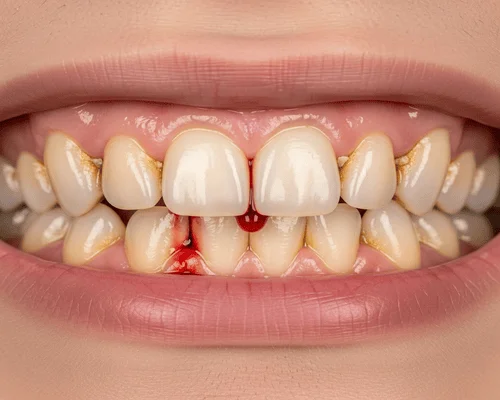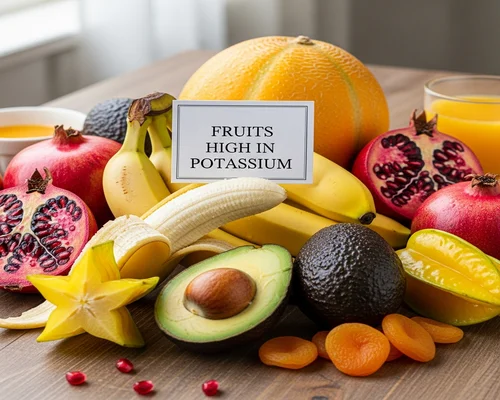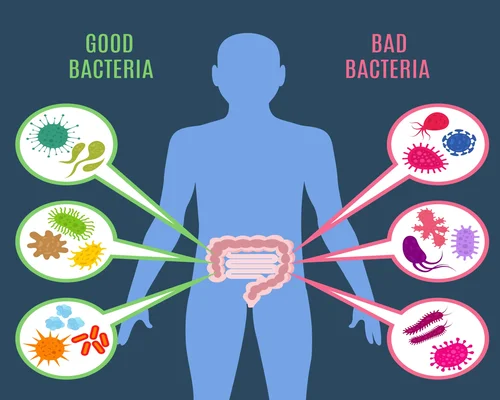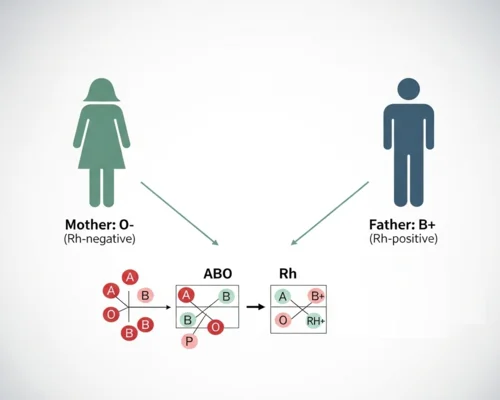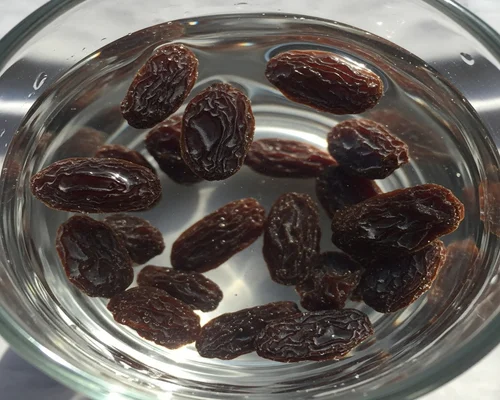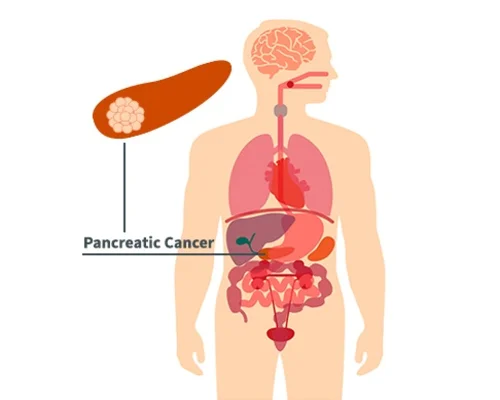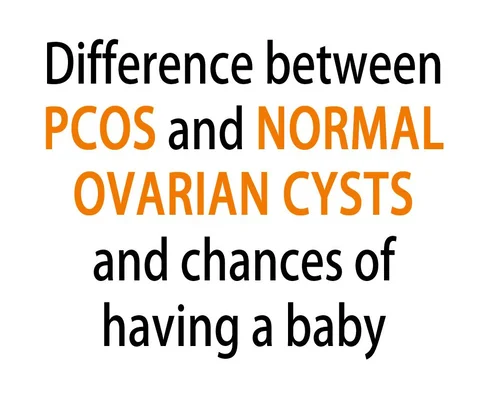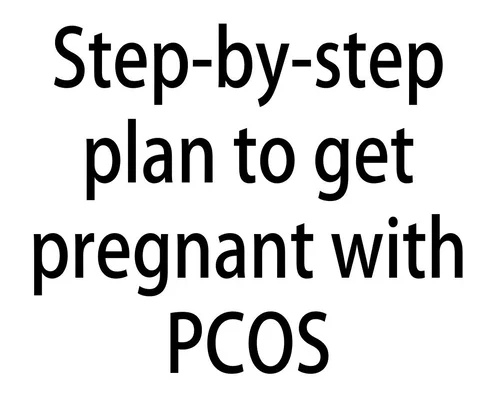
Step-by-step plan to get pregnant with PCOS
Step-by-step plan to get pregnant with PCOS
Many women with PCOS (Polycystic Ovary Syndrome) can easily get pregnant with proper planning and treatment.
Below I have prepared a step-by-step plan:
Step-by-step plan to get pregnant with PCOS
Step 1: Lifestyle Modification
Weight Control:
Even if you lose 5–10% of your weight, your hormones will return to normal, and ovulation may begin.
Regular Exercise:
Walk, jog, yoga, or light cardio for at least 30 minutes every day.
Diet:
Reduce sugar, sweets, soft drinks, fast food, and excess rice/bread.
Eat vegetables, pulses, eggs, fish, nuts, oats, and brown rice.
Eat small meals (4–5 times a day).
Step 2: Hormone and menstrual cycle regulation
The doctor usually prescribes hormonal medications (such as Metformin, OCPs) to regulate the cycle.
Regular menstruation increases the chances of ovulation.
Step 3: Ovulation Induction
If ovulation does not occur naturally, the gynecologist may prescribe medications such as Clomiphene citrate or Letrozole.
If necessary, injections (gonadotropins) are used.
At this time, the doctor performs a follicular tracking ultrasound to see how much the follicle is growing.
Step 4: Timed Intercourse
Ovulation usually occurs between days 11–18 of the menstrual cycle (if the cycle is 28 days).
If ovulation is correct, having intercourse at that time is more likely to result in pregnancy.
Step 5: Advanced treatment (if not in the previous step)
IUI (Intrauterine Insemination): The husband sperm is inserted into the uterus at the time of ovulation.
IVF (Test-tube baby): If necessary, the egg and sperm are combined outside to create an embryo and implanted in the uterus.
Step 6: Take care of your mental health
Hormonal imbalances in PCOS can increase stress.
Meditation, adequate sleep, and stress management are essential.
When to see a specialist
If you have not tried for 1 year (age < 35 years)
If you have not tried for 6 months (age > 35 years)
If you have irregular periods, are overweight, or have any other problems
Summary:
It is possible to get pregnant with PCOS. Lifestyle changes → Hormone control → Ovulation stimulation → Intercourse at the right time → IUI/IVF if necessary — many women successfully become mothers by following these steps.
Possible side effects of PCOS on women bodies
Menstrual and reproductive problems
Irregular or complete cessation of menstruation
Improper ovulation
Problems in pregnancy or risk of infertility
Risk of miscarriage is relatively high
Physical changes
Rapid weight gain (especially in the waist and abdomen)
Excessive hair growth on the face, chest or other parts of the body (hirsutism)
Acne, oily skin on the face and body
Thinning or hair loss on the head (hair thinning / alopecia)
Fatigue and weakness in the body
Related to hormones and metabolism
Insulin resistance → increased risk of type-2 diabetes
Increased high blood pressure and cholesterol
Risk of heart disease
Possibility of thyroid problems
Mental health
Mood swings (sudden anger or sadness)
Anxiety, worry
Depression
Low self-confidence
Long-term complications (if left untreated)
Diabetes
Heart disease
Thickening of the lining of the uterus (Endometrium) and risk of cancer
Various diseases from obesity
Therefore, if PCOS is diagnosed, it is very important to consult a doctor immediately and make changes to diet, regular exercise, medication and lifestyle.
Possible causes of PCOS
1) Hormonal imbalance
Androgen (male hormone) in the body becomes higher than normal.
This prevents eggs from being produced and released properly → menstruation becomes irregular, cysts form.
2) Insulin resistance
The body cannot use insulin properly → insulin is high in the blood.
More insulin increases androgen hormones → acne, excess hair, weight gain, ovulation problems.
3) Genetic (hereditary)
If a mother/sister/aunt in the family has PCOS, the risk increases.
4) Weight and lifestyle
Obesity (excess weight) increases the problem of PCOS.
Unhealthy eating habits, less exercise, stress are also associated with it.
5) Low-grade inflammation
Many PCOS patients have mild chronic inflammation in their bodies.
It affects the ovaries and disrupts hormonal balance.
Summary
The main cause of PCOS is hormonal imbalance + insulin resistance + genetic predisposition.
It is worsened by lifestyle and diet.
The 5 main causes of PCOS are—
Hormonal imbalance
The male hormone (androgen) becomes more in the body → ovulation is inhibited.
Insulin resistance
The body cannot use insulin properly → Insulin increases in the blood → PCOS increases.
Genetic (hereditary)
The risk increases if a mother/sister in the family has PCOS.
Weight and lifestyle
Excess weight, less exercise, fast food and stress increase PCOS.
Low-grade inflammation (long-term inflammation)
There is mild inflammation in the body → hormonal balance is disrupted.
Simply put, hormonal problems + insulin resistance + genetic predisposition + bad lifestyle + inflammation — these five main reasons cause PCOS.
PCOS Diet Chart (Daily Food List)
PCOS Diet Chart is actually very effective for preparing for pregnancy, keeping hormones in check, and controlling weight.
PCOS Diet Chart (Daily Meal Plan)
Wake up in the morning (on an empty stomach)
1 glass of lukewarm water + 1 slice of lemon
2–3 soaked almonds or walnuts if desired
Breakfast (8–9 am)
High protein + fiber
1–2 boiled eggs / omelet with egg whites (with vegetables)
Or oats / dalia cooked without milk (with vegetables)
1 cup green tea / lemon water (without sugar)
Mid-morning (11 am)
1 cup cucumber, tomato, carrot or fruit salad (low sugar fruits – apple, guava, jam, orange)
5–6 almonds / 2 walnuts
Lunch (1–2 pm)
1 cup brown rice / red flour roti (1–2 pm)
Lentil / dal soup
Any vegetable stir-fry or broth
1 piece of fish / chicken (grilled / broth)
Yogurt (without sugar, low-fat if desired)
Afternoon (4–5 pm)
1 cup green tea / herbal tea (without sugar)
1 handful of fried chickpeas / almonds / makhana
Dinner (8–8:30 pm)
1–2 red flour roti / little rice
Vegetables + fish / chicken
Light pulses
Keep dinner as light as possible.
Before bed
1 cup of warm water or lemon water
½ cup of milk (without sugar, low-fat) if desired
Foods to avoid
Fried foods, fast food, junk food
Sweets, soft drinks, excess sugar
White rice and white bread
Excess salt and processed foods (chips, biscuits, packet juice)
Additional tips
Drink at least 8–10 glasses of water every day.
Walk for at least 30 minutes every day.
Keep a gap of 3–4 hours between meals (if you are very hungry, you can eat small healthy snacks).
Eat in small portions, without eating too much at once.
Daily things to do to control PCOS (Diet + Exercise + Habits)
Not only medicine, but also a proper daily diet, exercise and habits are most important to control PCOS (Polycystic Ovary Syndrome). If you follow these, there is a hormonal balance, menstruation is regular and the chances of pregnancy also increase.
Daily things to do to control PCOS
1. Diet (Food)
Foods to eat:
Protein: Eggs, Chicken, Fish, Lentils, Chickpeas, Almonds
Vegetables: Broccoli, Spinach, Gourd, Cucumber, Sweet Pumpkin
Low-sugar Fruits: Apples, Guava, Jam, Oranges, Berries
Carbohydrates (Low GI): Brown Rice, Red Flour Bread, Oats, Dallia
Healthy Fats: Olive Oil, Almonds, Flax Seeds, Walnuts
Foods to avoid:
White rice, white bread, biscuits
Fried food, fast food, junk food
Sweets, soft drinks, packet juices
A lot of salt and processed foods
Rule:
Eat small meals 5–6 times a day (without eating a lot).
Drink at least 8–10 glasses of water every day.
2. Exercise
Exercise for at least 30–40 minutes every day.
Cardio: Walking, running, cycling, jumping rope
Strength training: Light dumbbells, squats, plank
Yoga / meditation: Effective for hormone balance and mental peace
If you do it regularly 5 days a week, PCOS will come under control to a large extent.
3. Lifestyle
Sleep: You should sleep for 7–8 hours every day (do not wake up late at night).
Stress control: Yoga, meditation, breathing exercises
Weight control: Even a small 5–10% weight loss can normalize menstruation and hormones.
Smoking and alcohol should be completely avoided.
Summary (Daily Routine for PCOS)
Morning lemon-hot water, light walk
Breakfast protein + vegetables
Lunch brown rice/red flour bread + lentils + vegetables + fish/chicken
Afternoon nuts/salad + green tea
Night light meal (bread/soup/vegetables)
At least 30–40 minutes of exercise daily
Adequate sleep + stress reduction




-vegetable.webp)
